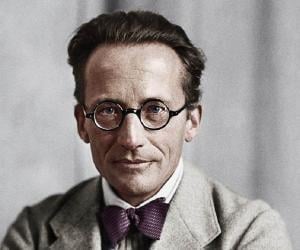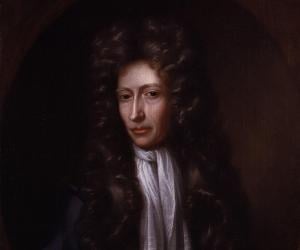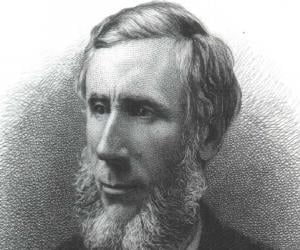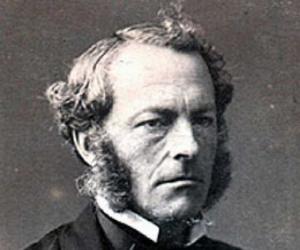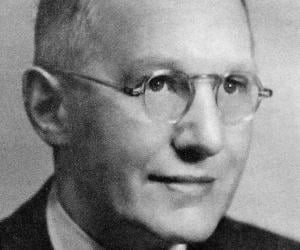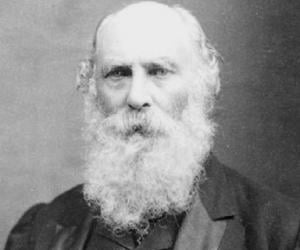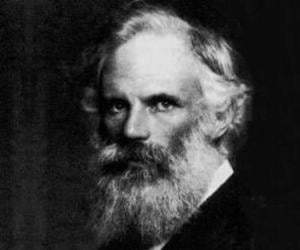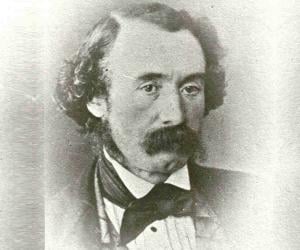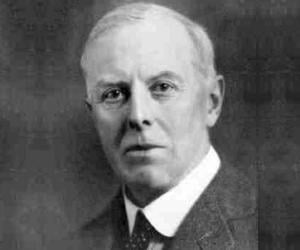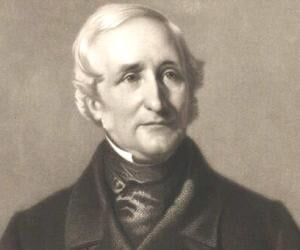1
Erwin Schrödinger
(Austrian Physicist Who Made Important Contributions to the Development of Quantum Mechanics)
Birthdate: August 12, 1887
Sun Sign: Leo
Birthplace: Erdberg, Vienna, Austria
Died: January 4, 1961
Erwin Schrödinger was a Nobel Prize-winning Austrian physicist known for his groundbreaking work in quantum theory. He developed the Schrödinger equation, which revolutionized the understanding of wave functions in systems. Schrödinger made significant contributions to various fields of physics, including statistical mechanics, electrodynamics, and general relativity. He also delved into philosophical aspects of science and wrote extensively on theoretical biology. Alongside Paul Dirac, he received the Nobel Prize in Physics in 1933. Schrödinger held academic positions at universities in Europe and made significant impacts in the field of physics.
